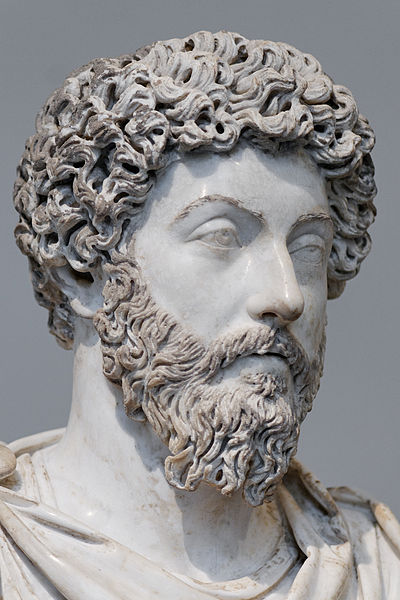This is the first our of SIA Action Spotlight series, which aims to showcase brief, concrete examples of contemporary Stoics putting their ethical principles to work in their families, communities, and beyond. If you would like to submit an example for the Action Spotlight, please send your name, a description of the action, Stoic Fellowship affiliation (if you have one), and a relevant picture to ericsiggyscott@gmail.com. Examples can range from profound to very simple: part of what we want to show is that Stoicism has a lot to say both about big, political issues and our everyday social activities.
Gerry Castellino is very involved with the Freemont, CA Stoics (here’s their meetup page), and simultaneously leads a local garden club in his community.
The club has several goals, including beautiful backyards and broader environmental concerns. The overarching goal, says Gerry, is to cultivate healthy, vibrant gardens that contribute significantly to our physical well-being.
- He teaches the group about the importance of composting – which aids in carbon sequestration.
- Gerry has inspired many of the club’s members to buy rotating tumblers, which aid in the composting process by about 50%, from 12 weeks to about 6.
- He says adding healthy compost to our soil is really, really good for encouraging bio-diversity in our backyards.
- The club holds regular meetups at members’ backyards from which we they all get inspiration about making their backyards beautiful.
- Vegetable seedling exchange held each spring.
- What better way to eat than healthy and fresh from our own gardens.
- Gerry coordinates talks by garden experts to their group on various topics.



